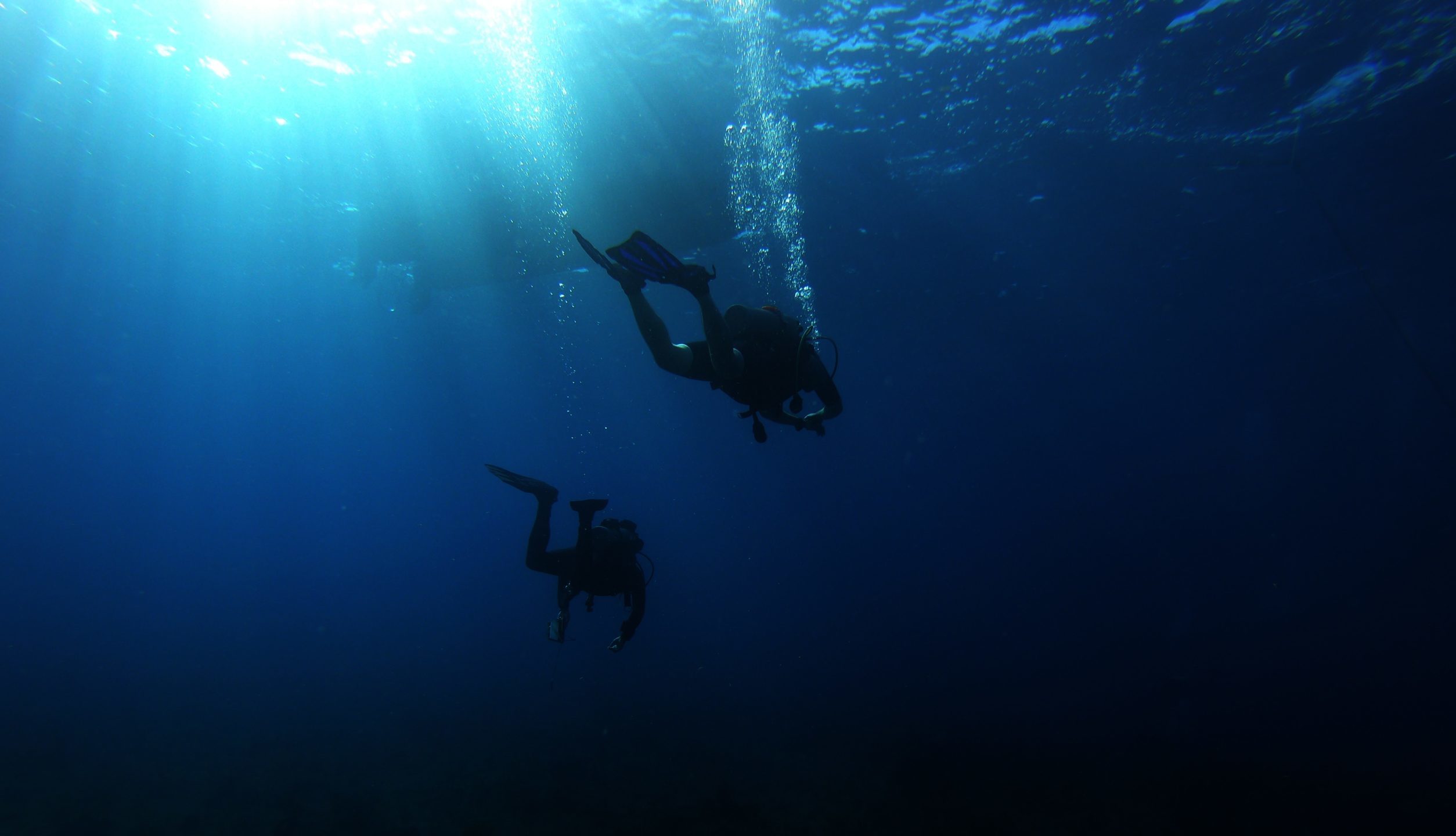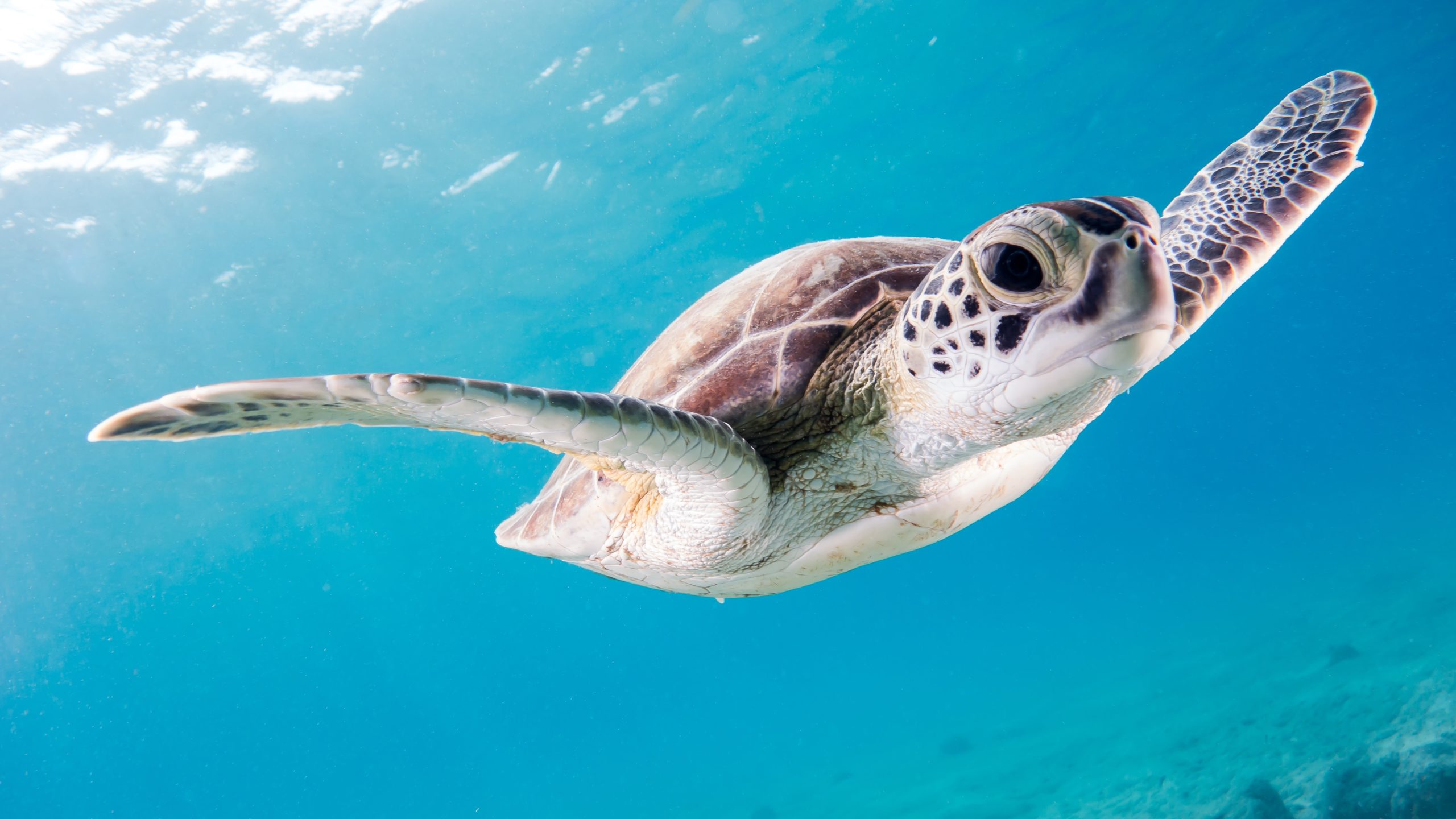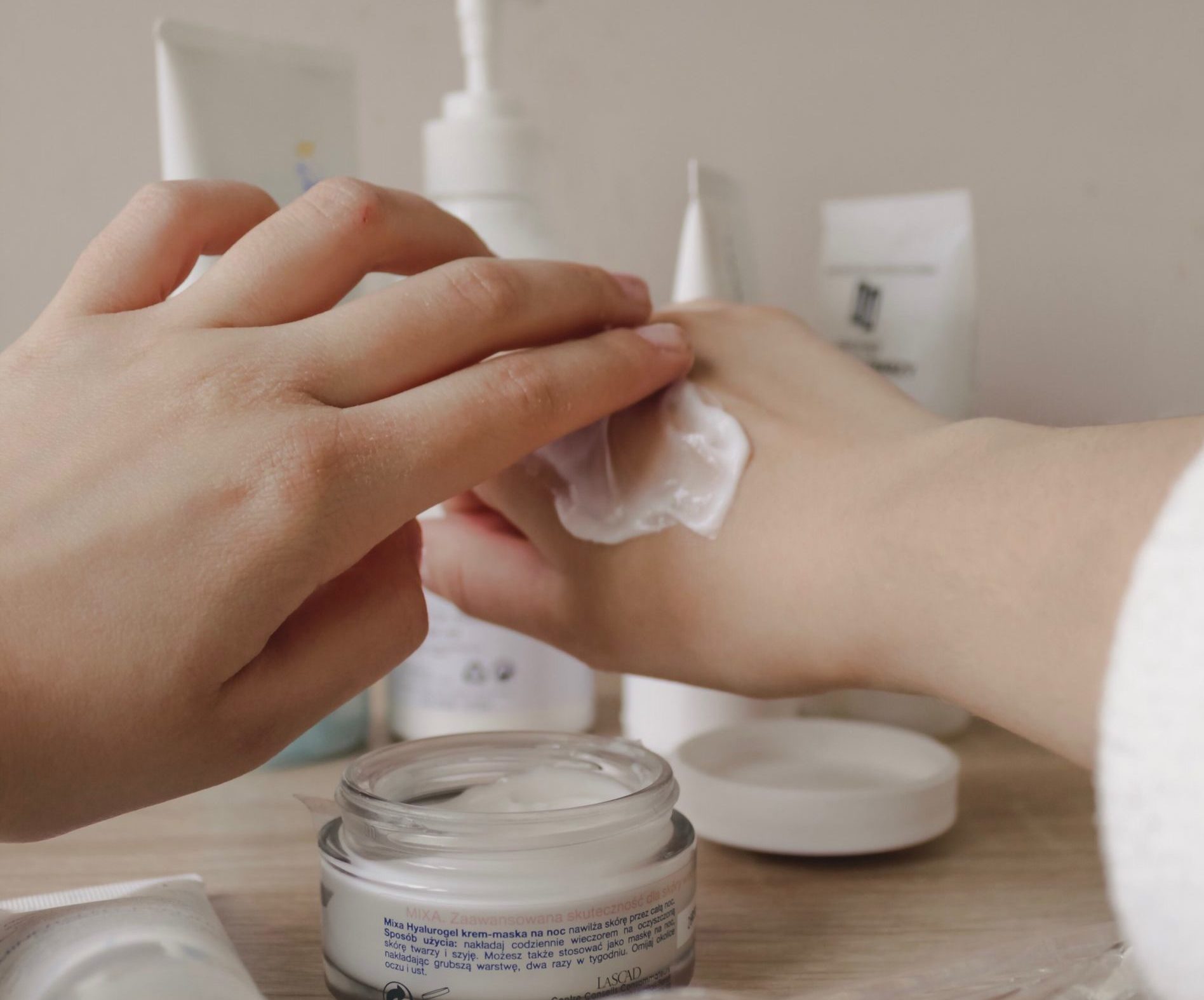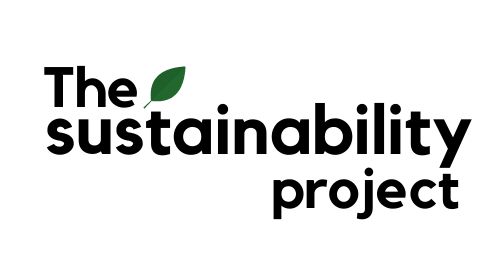In recent years, activities that involve close interaction with ocean biodiversity such as snorkeling and scuba diving have increased in popularity in Singapore.
This is not a surprising trend. Singapore is located right smack in the middle of the Coral Triangle, a region that includes the waters of many South-East Asian countries.
Within this area you can find almost 600 different species of reef-building corals, six of seven marine turtle species found globally, and more than 2000 species of reef fish.
It is no wonder that many Singaporeans choose to snorkel or dive on their long weekend holidays or term breaks. But what does it take to be an ethical ocean-lover?
Why snorkel and dive

Firstly, from an individual perspective, different people have different motivations to try out snorkeling or diving.
Snorkeling allows the average person to observe ocean life without the complicated equipment or dedicated training required for scuba diving. Diving is a better opportunity to come up and close to the fascinating marine creatures never seen before.
I personally picked up scuba diving on a whim. But later on, I realized that it increases your sense of independence and self-confidence,. This is due to having to rely on only yourself and your equipment to ensure your own safety underwater.
You may ask – what good does it do for the environment? It’s true that humans may affect ocean life just by being in the water. This is especially so for inexperienced, unconfident swimmers as they may kick up sediment from the seabed or accidentally hit marine life with their fins.
Luckily for now, studies reveal that dive-related reduction of coral reef habitats and destruction of marine ecosystems are gradual, and the overall impact is currently of negligible levels. Even still, it is on the person’s onus to reduce his or her own impact on the marine environment.
I believe that upon having a first-hand experience of the marine environment, you are placed in a great position to raise awareness about ocean conservation in your social circles!
Lastly, diving and snorkeling as ecotourism activities also benefit coastal communities. As ecotourism encourages responsible travel to natural areas, operators that exercise responsible marine activities and adhere to regulations can safeguard the integrity of the reef ecosystems.
This simultaneously generates income in local communities. Fun fact: 120 million people rely directly on the ecosystem services that the Coral Triangle provides, even though this region only covers 1.5% of the ocean.
How to be an ethical ocean lover and tourist
I won’t profess to be an expert in marine activities. In fact, I’m far from that. But there are certain basic guidelines on how to treat our oceans with care and love.
From my perspective, we are merely visitors to an environment that humans are not born and built to exist in. We pay a short visit, wearing technologies built to sustain us for that short while.
During which, we have the responsibility to treat what we see with respect, and then we have to leave. Here are some ideas on how to respect our oceans while enjoying our snorkeling or diving trips!
1) Choose a good ecotourism operator
Some operators claim to be environmentally sensitive under false marketing schemes. Some whale shark feeding operations in Cebu, Philippines have fallen under controversy.
Because these gentle giants are hand-fed by fishermen to guarantee their presence for snorkeling tourists, resulting in their poor psychological and physiological behavior. Other money-oriented dive shops may offer packages that do not prioritise your safety or that of marine inhabitants.
Do your research about the company beforehand. Ensure they engage in sustainable practices that do not harm reef biodiversity! For divers, one way is to patronize PADI or SSI-recognised dive shops.
2) Do not touch anything underwater unless it’s trash

Underwater habitats are fragile – touching anything, including coral and marine creatures, may result in their demise.
For instance, while coral reef systems seem to grow in abundance, they actually have a thin and fragile outer layer despite their hardy looks, which exposes them to infection once it has been pierced.
For scuba divers, practicing good control over your buoyancy and maintaining neutral buoyancy can be key to minimising accidental contact with coral reefs in the water.
Respect marine life as well, and minimise your interactions with them! Don’t be inquisitive and chase unnecessarily after a turtle or a jellyfish. This may cause extreme stress on their part, leading to shortened lifespans, transmission of diseases, or even death.
For other marine creatures, not only are some dangerous to you if you touch them (such as the lionfish), others are particularly susceptible to the human touch.
Pufferfish, for instance, blow up when they encounter what they suspect is danger, but doing so too often may shorten their lifespans because this damages their internal organs.
3) Don’t use single-use plastics
As ironic as it sounds, water sports (especially those in the ocean) can make you very thirsty. Instead of relying on bottled water from the nearest convenience store, get a reusable water bottle and bring it with you everywhere you go! Most dive shops provide water coolers for you to refill your bottle.
For surface-interval snacks, consider opting for fruits or bread instead of another health bar. If you do end up producing non-biodegradable waste from your snacks, please don’t throw it into the sea, even if it is by accident — you don’t want to be generating even more non-biodegradable waste when there are already so many trash vortices in the ocean.
You can imagine these vortices as slow water tornados comprising half-broken down microplastics interspersed with larger plastics trash, forming as the circular motion of the gyre draws this debris and traps it in the center.
Don’t contribute to the already massive sizes of these trash vortices!
4) Choose reef-safe sunscreen
 This applies not just to the snorkeler or the diver, but to almost everyone who’s planning a beach vacation!
This applies not just to the snorkeler or the diver, but to almost everyone who’s planning a beach vacation!
Many mainstream sunscreen brands are likely to contain common UV-filtering ingredients, particularly oxybenzone and octinoxate.
These ingredients have been linked to coral bleaching. Hence, inducing the death of zooxanthellae, or the microscopic organisms that give corals their vibrant colours, resulting in a dying coral reef habitat. Furthermore, these ingredients provide a thriving habitat for viruses harmful to reef ecosystems.
A study conducted in 2015 found extensive oxybenzone contamination of the west coast of the island of Maui in Hawaii – the near-shore reef and corals are now highly degraded.
Long story short, do purchase reef safe sunscreen – these are often labelled reef-friendly and oxybenzone-free; some even provide protection from jellyfish stings!
I’ve personally used Ocean Potion and Safe Sea, both of which work just fine.
5) Consider participating in conservation activities
For divers, there is a myriad of volunteerism activities you can consider as your itinerary for your next trip. Just do through a quick Google search for such opportunities!
One local project that divers holding Advanced Open Water certification may find interest in is the Marine Dive Clean-Up session. During this session, volunteers spend a morning picking up trash from the water.
Do check their Facebook page regularly for updates, though these events that only come once every few months are highly popular, and slots often fill up quickly!
Everyone has the right to enjoy the oceans the way they are. Oceans present a unique world of beauty to those who visit it and it is our responsibility to protect the fragile marine environment. Take nothing with us, and only leave bubbles in our wake.
Share with us what other steps you can take to be an ethical ocean-lover!

